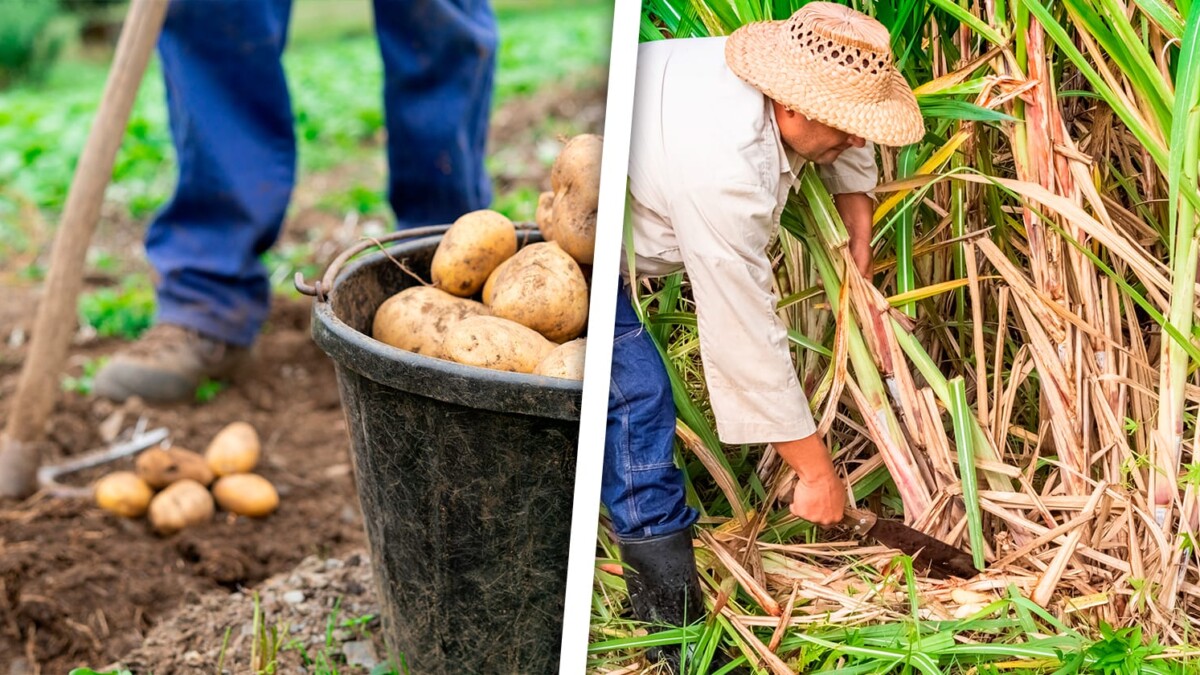In view of the revitalization of the fundamental sectors of the economy on the island, certain benefits and fiscal incentives are beginning to be implemented through the management and control of Law 164 “State Budget for the year 2024” as decreed by the Ministry of Finance and Prices (MFP).
These budget projections for the current economic year take into account the directives approved for the preparation of the State Economy Plan for this period, with the aim of promoting the implementation of the guidelines of the VIII Congress of the Party, and consequently, seeks to advance in the socio-economic programs that contribute to the objectives of the Economic and Social Development Plan until the year 2030.
According to the publication in the Official Gazette of the Republic, Resolution 7/2024 establishes the imperative of reducing by fifty percent the payment of customs duty on imports of raw materials, intermediate goods, and supplies, destined for productive processes and special focus towards food production and agricultural production.
This measure is part of the initiatives to promote the timely development of these primary sectors which suppose for the country million-dollar costs in obtaining food products from abroad.
Likewise, Resolution 308/2023 of the Ministry of Finance and Prices itself is implemented, which regulates the application of the tax for the idleness of agricultural and forest lands in all provinces and municipalities of the country, thus reinforcing the idea of the necessary execution of production of all lands to ensure and improve citizen nutrition.
The Cuban Minister of Finance and Prices –Vladimir Regueiro Ale– has pointed out in this regard that it is not a tax aimed at collection but to impact on landholders using this resource efficiently.
On the other hand, among the complementary norms to the 2024 budget, there is the reduction of two percent of the tax rate for the payment of personal income tax -by individual agricultural producers- when the general is five percent.
With this, a differentiated treatment is established emphasizing the priority and importance of this sector in order to promote food production for society.
In another set of regulations, it is planned to promote the “Rurality Care Program,” which focuses on improving living conditions in the country’s rural areas, a zone where the primary sector of the economy that “must contribute to the GDP” is located and which has a strong component of cultural identity.
In line with this, it is intended to stop or greatly minimize the depopulation that has been experienced since the middle of the last century. It is also projected as an integral program to enhance socio-economic and political development in mountainous areas.
These fiscal incentives for food improvements are executed given the necessary tax adjustments. In this sense, regardless of the complexity of the development of the Cuban economy, the State Budget aims to ensure the continuity of economic and social programs and policies.
According to the official website of the MFP, the directives seek to focus on “addressing the challenges of demographic dynamics and rurality, social protections for vulnerable people and communities, with special attention to the implementation of the Local Budget Strengthening Program, aimed at favoring the financial autonomy of municipalities; while also contemplating measures that contribute to the gradual recovery of the financial situation of the business system, an essential actor of our Cuban economic model.”
✅Para Recibir TODAS las Noticias GRATIS 👉Síguenos desde Aquí

